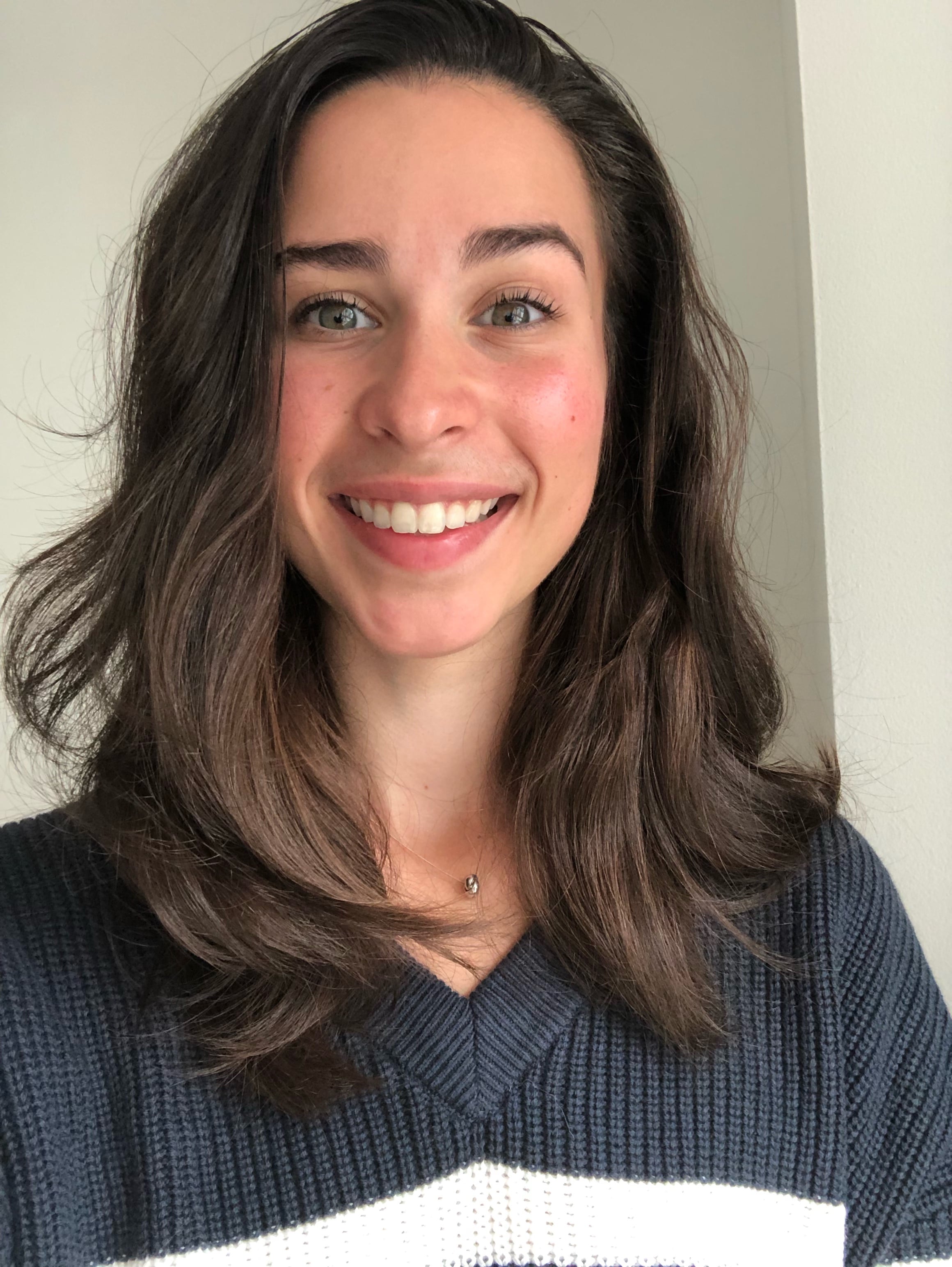BioCanRx Learning Institute Patient/Caregiver Perspective
By Randy Thompson, Patient Scholar/Advocate
When the notice for patient/caregiver applications to the 2023 BioCanRx Immunotherapy Summit popped up in my Inbox, I was immediately intrigued because it was happening in my hometown of Ottawa, ON. Then I realized I knew nothing about cancer immunotherapy and trashed the email. That night, I kept thinking how I had completely immersed myself in the “science” of cancer since my stage 4 diagnosis in 2020, and just because I was poor in biology, it shouldn’t drive my decision to not want to learn more about this emerging therapy. I woke up the next morning, dug out the email and proceeded to apply for this amazing learning opportunity. The application was quite extensive and seemed clear that if you were to be considered, you better be prepared to do the work and be open to learn and share. Fast forward a few months and it turns out it was one of the greatest and rewarding experiences I’ve had in my cancer journey and highly recommend patients to apply!
After being selected, I was matched with the most amazing Academic Scholar (Dr. Nawal Amhis) and together, worked with a dedicated group of people that formed the Learning Institute and with a series of pre-work educational sessions, and discussions, was well positioned to engage academically and experientially throughout the 2023 Summit4CI. Highlights included attending approximately 25-30 talks on various immunotherapy research projects, participating in two full days of poster sessions from the most brilliant student minds in the field, (where I was an evaluator), and engaging in the Learning Institute itself, where patients and their partners were able to share what they learned using everyday language.
I am now much more educated in the areas of CAR-T cell therapies, etc., the success we are seeing with cancer immunotherapies in pre and post clinical trials, and how Canada is taking the lead in the Cancer Immunotherapy field. There is much still to be done and it is critical these incredible researchers have access to funds for further development and application. As patients, we believe large insurers, pharma, hospital systems, etc., can play a much larger role in funding and development of this critical research.
Participation from a BioCanRx HQP Perspective
By Lauralie Short, M.Sc.; Ph.D. student, Interdisciplinary Oncology Program, University of British Columbia
After hearing the stories shared by the patient advocates at last year’s Summit for Cancer Immunotherapy, I was moved and determined to participate in the next rendition. I was thrilled to be invited this year. I am grateful for this opportunity because, like many graduate students doing preclinical research, I often feel far removed from the patients. Yet, they simultaneously motivate me to do the work I do. I have had the chance to work on projects with obvious clinical translation, which is what I love the most about my work, and yet the patients seem to be in a completely different sphere of research.
My experience with the Learning Institute would not have been what it was without my Patient Partner, Nadine Frisk. Nadine and I met via Zoom after being introduced via email before the conference. I started the meeting excited but also quite nervous; I was determined to make the most of this experience, and I was hopeful Nadine would feel the same way. During our meeting, we talked about ourselves, what we were looking for in the Learning Institute, and what we were more nervous about; I think this openness was crucial to our successful partnership. She ended the call with a seemingly straightforward question; “What are three core values driving your work?” I was stunned; in the whirlwind of graduate studies, I have sometimes lost focus on those more significant personal goals or the why behind my work. With a busy routine of experiments, data analysis, conferences, seminars, and classes, it often feels like introspection is the last priority. It felt like Nadine had sensed through the screen that we were both there because of something greater than an interest in science. To have Nadine clue in on this and want to share on a more personal level was a refreshing change of pace. This dialogue sums up how Nadine was throughout the entire experience; she was thoughtful, invested, and open to learning more about science and me. More importantly, she allowed me to learn from her and connect with her more personally, which I felt had been missing from my research. I do not think the Learning Institute could have paired me with a better partner, and I am very grateful for that.
Prior to the conference, we kept in touch, following up after sessions planned by the Learning Institute. We had great discourse, learning more about immunotherapies, cancer, and how to make science accessible. During those chats and throughout the conference, Nadine asked eye-opening questions about the various projects, the rationale behind them, and the clinical impact that they could have, relating it to her own experience. Discussing with the group during the conference also enabled us to feed off each other’s ideas and experiences, broadening our horizons further and allowing us to better understand the science presented.
Cancer research is moving towards including more patient advocates who provide their input and actively participate in the conversation. Following this experience, I better appreciate why this change is upon us. The research teams cannot fully understand the point of view of a patient through a statistic or a survey. The impact of their voices and stories is more significant than what the numbers could tell us; we just have to listen.
I would like to thank the Learning Institute Working Group for this opportunity, their outstanding work over the last few months, and all the patient partners who participated, especially Nadine.

